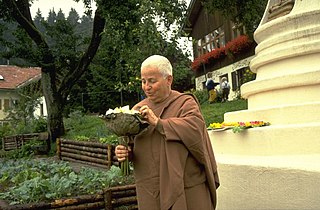A Quote by Sarah Manguso
This is suffering's lesson: pay attention. The important part might come in a form you do not recognize.
Related Quotes
From the simplest lyric to the most complex novel and densest drama, literature is asking us to pay attention. Pay attention to the frog. Pay attention to the west wind. Pay attention to the boy on the raft, the lady in the tower, the old man on the train. In sum, pay attention to the world and all that dwells therein and thereby learn at last to pay attention to yourself and all that dwells therein.
Pay attention to your friends; pay attention to that cousin that jumps up on the picnic table at the family reunion and goes a little too 'nutty,' you know what I mean? Pay attention to that aunt that's down in the basement that never comes upstairs. We have to pay attention to our friends, pay attention to your family, and offer a hand.
Suffering is our best teacher because it
hangs onto us and keeps us in its grip
until we have learnt that particular
lesson. Only then does suffering let go. If
we haven’t learnt our lesson, we can be
quite sure that the same lesson is going
to come again, because life is nothing but
an adult education class, If we don’t pass
in any of the subjects, we just have to sit
the examination again. Whatever lesson
we have missed, we will get it again. That
is why we find ourselves reacting to
similar situations in similar ways many
times.
Don't drive drunk. Ever. Don't shag anyone you don't like, or who doesn't like you. Get a look at how people live in a place where you don't. Suffering is over-rated, don't pursue it. Ask for help when you need it, don't when you don't, and learn to recognize the difference. Don't confuse movement and progress. Be kind. Be forgiving. Pay attention.






































